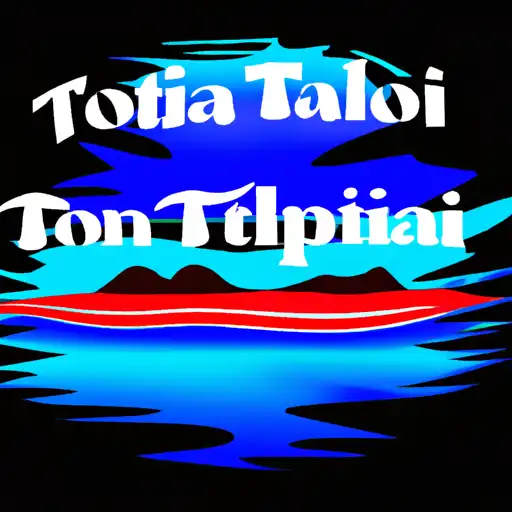
The Islands of Tahiti Birthplace of the Tatoo
The Islands of Tahiti: The Birthplace of the Tattoo
As we traverse through the tapestry of global cultures and histories, we stumble upon a unique gem amidst the azure waters and idyllic landscapes of the South Pacific – The Islands of Tahiti. Known for their radiant natural beauty and vibrant Polynesian culture, these islands have also bestowed upon the world a unique cultural phenomenon — the tattoo. The notion of permanently marking the skin, a concept that has now propagated throughout the world, had its roots sown deep in the heart of Tahitian culture.
Ancient Beginnings and Symbolic Significance
In ancient Tahitian culture, tattoos were perceived as a physical manifestation of one’s identity and social standing. Painted onto the canvas of the human body with remarkable precision and artistic flair, each symbol and pattern was imbued with a specific sense of meaning. More than mere aesthetic adornments, these symbols narrated personal stories, traced genealogy, depicted accomplishments, and were thrumming with spiritual energy. In a society devoid of a written language, tattoos were the means for the Tahitians to inscribe their stories onto the sands of time.
The Artistry: Master Tattoo Artists
This intricate art was performed by tahua - master tattoo artists, who were considered highly regarded figures within the society. Abyss deep in sacred and religious undertones, each Tahitian tattoo, known as tatau, was deemed a rite of passage and was religiously guided by the tahua. It is thus, this blend of spiritualism and body art that culminated in creating the unique Polynesian tattoo culture that we witness today.
The Influence: Spread of Tattoo Beyond Tahiti
The chronicles of the Tahitian tattoos were first unveiled to the western world by European explorers in the 18th Century, notably Captain James Cook. On his return from the Pacific, many of Cook’s crew sported these intriguing tattoos, catapulting this unique art of body decoration into the limelight. From Tahiti, the concept of tattooing spread across the globe, becoming an universal cultural phenomenon.
Suddenly, the world was enrapt by the allure of “tatau”, the Tahitian word from which the modern term “tattoo” originates. The intricate and deeply symbolic design of Tahitian tattoos, chiming with undertones of freedom, masked rebellion and unabashedly celebrated self-expression, resonated deeply with the western cultures, paving the way for the popularity of tattoos today.
The Revival: Modern Tahitian Tattoos
In recent years, we’ve seen a revival of the Tahitian Tattoo tradition. It is no longer just a part of the history but is now re-established and re-interpreted but always paying homage to its roots. Tattoo conventions are held with artists from Tahiti receiving international recognition for their ancestor’s art, bringing the traditionally sacred and mysterious world of Polynesian tattooing into the mainstream.
Wrapping up: The Tahitian Tattoo Legacy
From its cultural nucleus in the islands of Tahiti, the art of tattoo has inked its indelible imprint across the world. It’s a testament to the power of the tattoo, a truly global language, yet one whose heart beats strongest in its birthplace. The Tahitian tattoo embodies the spirit of a beautiful ancestral culture, it keeps alive the stories of a civilization and ultimately testifies the richness of Polynesian and Tahitian culture on a global stage.
In the world of body ink, Tahiti is not just a group of beautiful islands, but also the birthplace of the tattoo — a truly significant contribution to the heritage and diversity of the world culture.